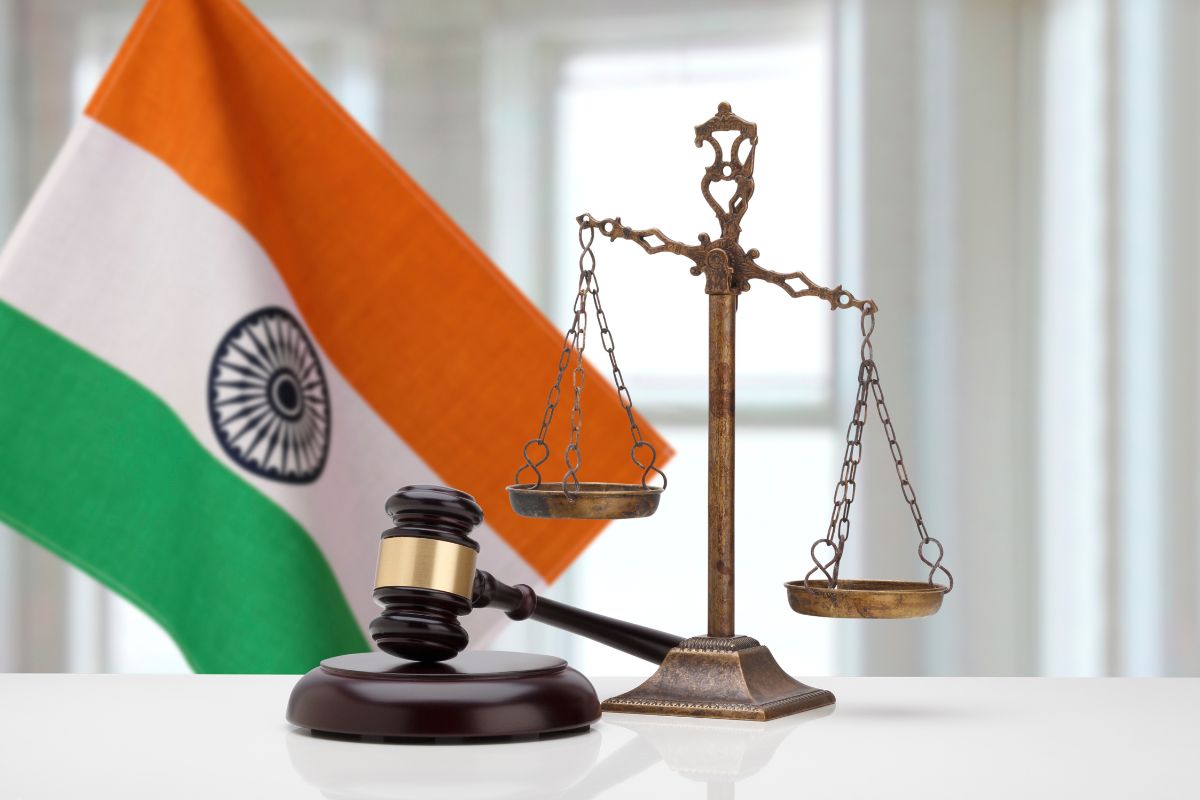Rights activists say the commission report is regressive and part of a ploy to deprive the underprivileged and marginalised communities of the opportunities in the state affairs. Photo via National Inclusion Commission website. In a highly stratified society that reinforces discrimination based on caste, class, gender, language, region and religion, among others, affirmative action should not come with an expiry date. It takes decades, if not centuries, to undo the wrongs done to marginalised communities over centuries. And yet, the National Inclusion Commission, the constitutional commission formed to make recommendations for the protection of minorities, has recommended ending reservations in existing government services. A report published by the commission has recommended doing away with the reservation system in promotions through internal competitions, 14 years after it was brought into practice.
The report calls reservation a temporary arrangement ~ and rightly so. However, it fails to identify the elephant in the room ~ the perpetuation of discrimination in every aspect of Nepali society that hinders the growth of individuals from marginalised communities on an everyday basis, even in higher positions of public service. Notably, the study, which focused only on the provisions related to the Civil Service and the Health Service, provides a glimpse of Nepal’s broad field of public service. The premise of the study conducted by the commission seems to be that prolonged reservation ~ if this term has any merit in an eternally discriminatory society ~ has allowed the creamy layer from among the targeted groups to usurp all the opportunities multiple times while the real victims continue to be marginalised. The argument is based on the social elite’s false sense of entitlement that the opportunities not being used by the doubly marginalised should go to the unreserved category.
Advertisement
There is no doubt that the reservation system is not flawless, but the remedy to this problem is restructuring it to ensure opportunities for the doubly marginalised, not ending it altogether. Moreover, there is no guarantee individuals from marginalised communities do not face discrimination in promotions and other opportunities, even in higher-level positions in public institutions. In a landmark judgement earlier this year, the Supreme Court of India said reservations do not contravene the idea of merit or equality, but help realise the constitutional goal of equality. Merit is a misnomer in a society that builds institutions by favouring some groups while discriminating against others.
While acknowledging the stratified nature of discrimination, the Morarji Desai government commissioned BP Mandal to identify areas of affirmative action necessary for other backward classes (OBCs) in India in 1979. The Mandal Commission’s report, which came into action only in 1990 under VP Singh, recommended 27 percent reservation for the OBCs.
A version of this story appears in the print edition of the August 27, 2022, issue.









